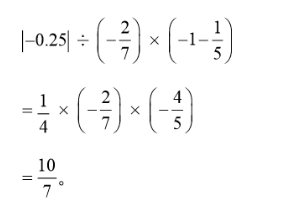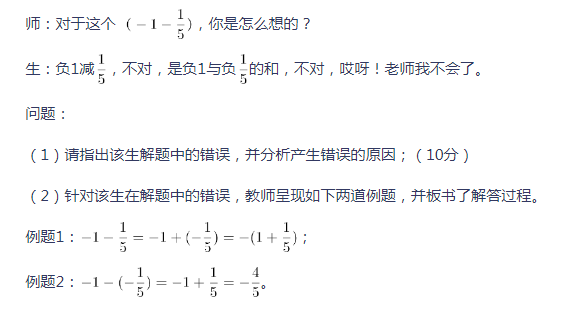当前位置:首页 → 职业资格 → 教师资格 → 中学英语学科知识与教学能力->Inthecollege-admissionswars,we
In the college-admissions wars, we parents are the true fighters. We're pushing our kids to get good grades, take SAT preparatory courses and build resumes so they can get into the college of our first choice. I've twice been to the wars, and as I survey the battlefield, something different is happening. We see our kids' college background as a prize demonstrating how well we've raised them. But we can't acknowledge that our obsession is more about us than them. So we've contrivedvarious justifications that turn out to be half-truths, prejudices or myths. It actually doesn't matter much whether Aaron and Nicole go to Stanford.
We have a full-blown prestige panic; we worry that there won't be enough prizes to go around. Fearful parents urge their children to apply to more schools than ever. Underlying the hysteria is the belief that scarce elite degrees must be highly valuable. Their graduates must enjoy more success because they get a better education and develop better contacts. All that is plausible--and mostly wrong. We haven't found any convincing evidence that selectivity or prestige matters. Selective schools don't systematically employ better instructional approaches than less selective schools. On two measures--professor's feedback and the number of essay exams--selective schools do slightly worse.
By some studies, selective schools do enhance their graduates' lifetime earnings. The gain is reckoned at 2-4% for every 100-point increase in a school's average SAT scores. But even this advantage is probably a statistical fluke. A well-known study examined students who got into highly selective schools and then went elsewhere. They earned just as such as graduates from higher-status schools.
Kids count more than their colleges. Getting into Yale may signify intelligence, talent and ambition. But it's not the only indicator and, paradoxically, its significance is declining. The reason:
so many similar people go elsewhere. Getting into c
根据题干关键词定位到第二段。第一句中的“there won’t be enough prizes to go around”承接第一段,prizes指的是孩子的大学教育,父母担心孩子无法接受较好的高等教育,所以鼓励他们的孩子多申请学校,这样可以增加考进名牌大学的机会。故选A。
《义务教育数学课程标准(2011年版)》强调,课程内容要反映社会的需要、数学的特点,要符合学生的认知规律。课程内容的组织要重视过程,处理好()的关系。
设α是某一方程组的解向量,k为某一常数,则kα也为该方程组的解向量。( )

案例:
在有理数运算的课堂教学片段中,某学生的板演如下:

针对该学生的解答,教师进行了如下教学:
师:请仔细检查你的演算过程,看是否正确无误?
生:好像正确吧。

请分析例题1、例题2中每一步运算的依据。(10分)
初中数学课程是一门国家课程,其主要内容包括课程目标、教学内容、教学过程和( )等

教师职业道德区别于其他职业道德的显著标志就是( )。

对高中数学的评价,下列说法错误的是( )。
